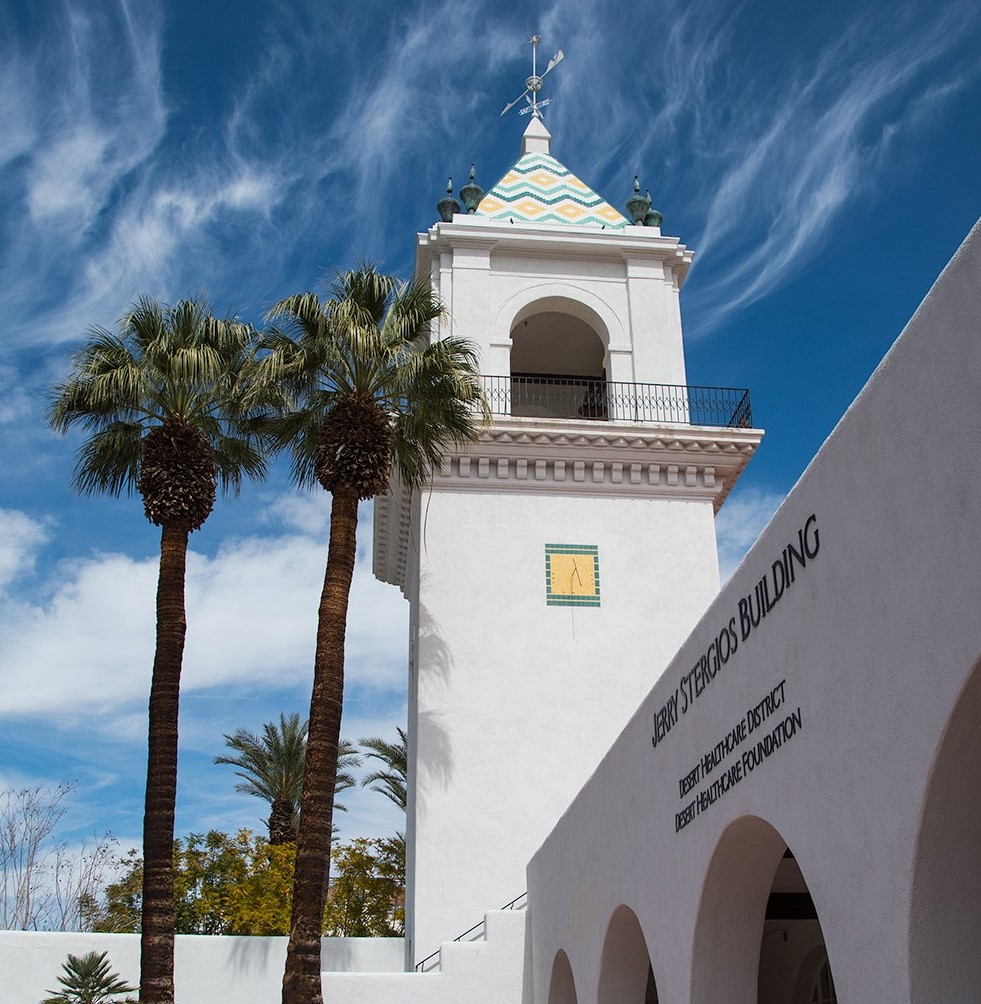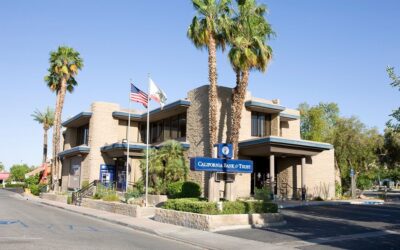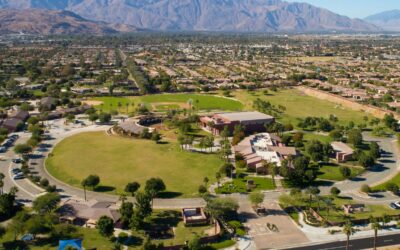The nearly year-long negotiation process between the Desert Healthcare District (DHCD) and Tenet Health has culminated in a pivotal decision: the DHCD board voted on Tuesday, August 6, to place the 30-year lease-purchase agreement for Desert Regional Medical Center (DRMC) on the November ballot. The board’s 6-1 vote, with Director Kimberly Barraza dissenting, now leaves the final decision to Greater Palm Springs voters on November 5.
Long Road to Agreement
The lease agreement, which includes a highly debated non-compete clause, has undergone numerous revisions since negotiations began last September. These negotiations aimed to balance community concerns, legal scrutiny, and the financial stability of the district and the hospital. Initially, the lease discussion was scheduled for a board meeting on July 23 but was postponed to allow further refinement of the non-compete clause.
Financial Terms and Payments:
- Initial Payment: Tenet will pay the district $100 million on May 31, 2027, the first day of the new lease. This amount was increased from the initial proposal of $75 million.
- Annual Payments: Starting the following year, Tenet will make 19 annual payments to the district, each exceeding $19.5 million, with these payments subject to an annual escalator.
- Final Payment: On May 31, 2057, a final $100 million payment will be made, totaling approximately $650 million over the 30-year period.
Seismic Compliance and Facility Upgrades:
- Tenet commits to bringing the hospital into seismic compliance by 2030, addressing the critical requirement to ensure hospital operations during and after an earthquake.
- An expansion of the emergency department at JFK Memorial Hospital in Indio is estimated at $60 million.
Operational and Regulatory Standards:
- The hospital will be maintained in compliance with regulatory standards, including California laws regarding life safety and seismic standards.
- Modifications to Desert Regional will ensure equitable access to care, maintaining the current capacity for key elements like the number of beds, operating suites, and emergency department bays.
Non-Compete Clause: The revised non-compete clause stipulates that the district cannot fund projects that substantially reduce expenses or increase revenues for other acute care hospitals within its boundaries. Exceptions include projects owned and operated by Riverside County or those in medically underserved areas that accept government-funded healthcare reimbursement. The clause defines competing businesses broadly, including general acute care hospitals, medical office buildings, and various specialty centers.
Community and Board Reactions
The community’s response has been mixed, with some praising the overall massive financial benefits, including paying for the required seismic upgrades. Others say that they fear the non-compete clause will hinder healthcare access, but no one during the public hearings gave any specific examples about what they would want the District to develop or exactly where beyond the large areas where such developments are acceptable as designated in the agreement. Eisenhower Health in Rancho Mirage, DRMC’s main competitor, has voiced strong opposition, arguing generally that the clause restricts the district’s ability to support essential health services.
Supportive Voices: Desert Healthcare District CEO Chris Christensen emphasized the extensive work done to address community concerns and the importance of seismic upgrades. “This challenging negotiation process has defined resources that will support the health and well-being of the community,” Christensen said following the vote.
Michele Finney, CEO of Desert Regional Medical Center and Desert Care Network, highlighted the lease’s benefits, including Tenet’s nearly $1 billion commitment and the District’s continued ability to support nonprofit health clinics and federally qualified health centers.
Concerns and Criticisms: Director Kimberly Barraza, who voted against the agreement, expressed discomfort with the non-compete clause, arguing that she views it as conflicting with the board’s responsibility to act in the best interest of the district’s residents. “Our duty is to maintain autonomy in financial decisions that best serve the public without undue influence from private entities,” Barraza stated.
Director Leticia De Lara, despite her past criticisms, acknowledged the agreement’s benefits and the need for collaboration to ensure healthcare access for all residents. “We need to look for opportunities to ensure access to healthcare and not exclude potential partners,” De Lara said.
Director Les Zendle, who is not seeking reelection, strongly advocated for the agreement, emphasizing Tenet’s significant financial infusion and seismic upgrades. “No government entity should deny $650 million to improve healthcare in the district,” Zendle stated, receiving applause from Desert Care Network employees.
Next Steps
With the board’s approval, Tenet Health will campaign for the lease-purchase agreement, aiming to secure voter approval in November. If the lease is not approved, Tenet executives have indicated they may pull out of the Coachella Valley, affecting operations at JFK Memorial Hospital, Hi-Desert Medical Center, and DRMC.
The community is encouraged to review the agreement and participate in upcoming discussions to ensure their voices are heard in this critical decision for the region’s healthcare future. The full agreement is available at www.dhcd.org.




